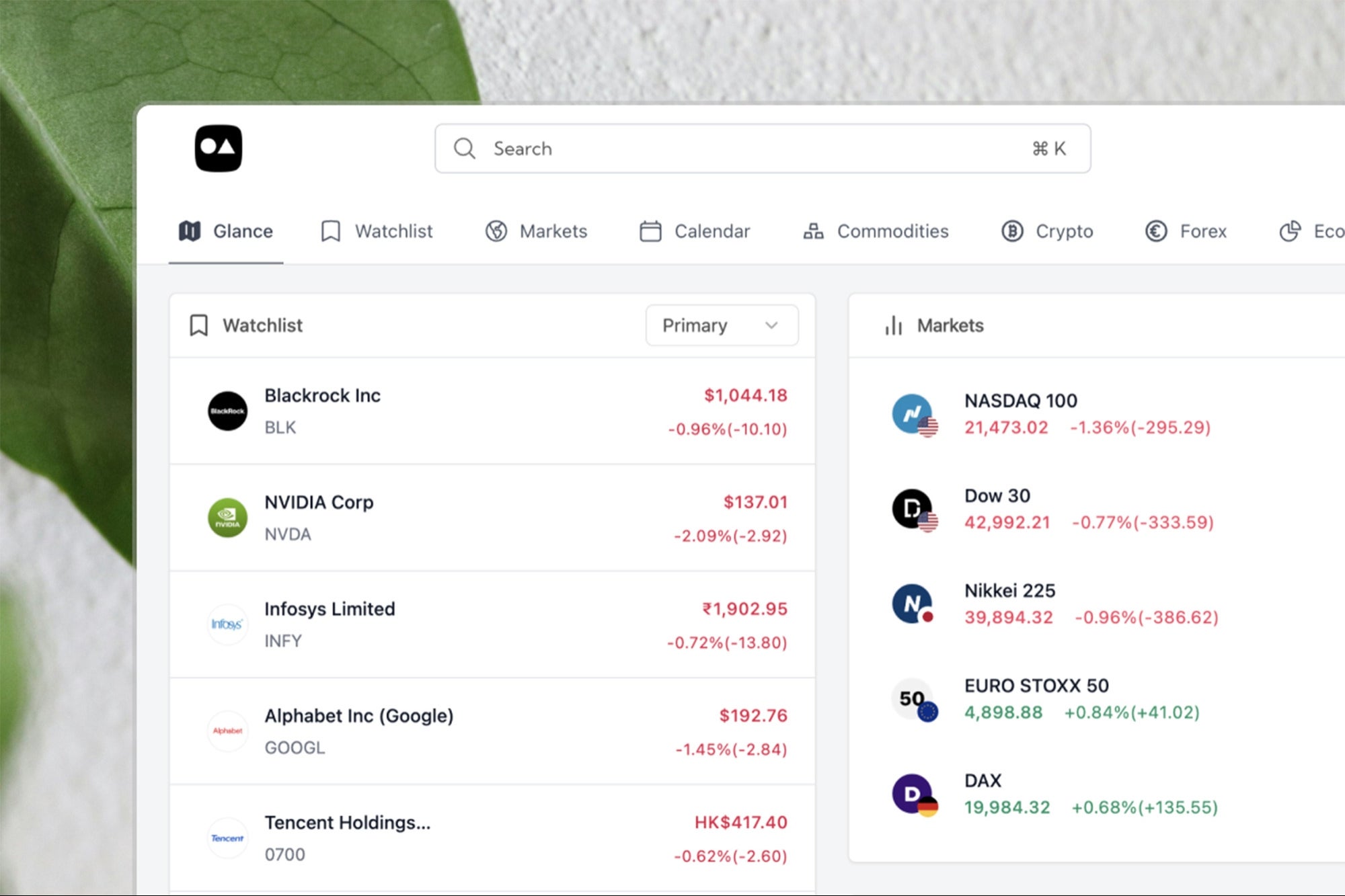The 3 Types of Partnerships Startups Need to Form Developing a small number of key partnerships, especially in the early stages of building a business, can be an incredibly valuable way to grow your consumer base and experiment with additional revenue streams.
By Sarah Haselkorn Edited by Dan Bova
Opinions expressed by BIZ Experiences contributors are their own.

Starting up a business is never easy, especially when the market is constantly getting more crowded. It is increasingly difficult to find ways for your business stand out, and to forge the necessary relationships to help your business succeed in the early stages. But not all hope is lot.
Partnerships with other growing companies can help spark innovation among your teams and provide outlets for attracting new customers from a unique base of consumers. Every relationship formed must be a two-way street to ensure both parties are benefiting from the connection.
While there is certainly a point of diminishing returns with partnerships, especially with a small team to manage the relationships, a few key partnerships can make all the difference in the early stages of growing a company.
Here are the three types of partnerships we have formed at Unfettered Socks that have significantly impacted our business:
1. Cross-marketing
For successful cross-marketing partnerships, you want to find companies that offer a product that complements (but does not compete with) your product offering. In addition, you want to target companies that have a unique set of customers that fall within a similar target demographic. This was a particularly useful tactic while raising our initial funding on Kickstarter.
Related: 5 Smart Ways to Integrate Cross-Promotion With Online Marketing
Our sock company worked with a shoe company (complementary, but not competing, product) to promote their Kickstarter page to our existing backers, and they did the same for us. With so many projects added daily to Kickstarter, it is often difficult to stand out or be seen by potential backers but this partnership guaranteed incremental views to our fundraising page.
2. Retail outlets.
While our business was created as a direct to consumer ecommerce model, we quickly realized the value of creating local brand recognition, as well as increasing the routes to market. When considering retail partners, it was important to think about how to grow our brand in a unique way that would set us apart from competitors. We do have distribution in local boutiques that align with our style, but you can also find us in an upscale suburban pharmacy, as well as on display at a downtown hipster men's grooming salon.
Having a variety of retail partners allows us to have a unique strategy with each of them to increase the number of new consumers introduced to our product, and to ensure each partner feels we are adding value to their business as well.
Related: 10 Questions to Ask Before Committing to a Business Partner
3. Product collaborations
Product collaborations offer an opportunity to share brand equity and to cross-market to each brand's existing consumer base. Our first collaboration is a co-designed sock with a local St. Louis brewery. With their help, we produced a sock that resonated with their fans and earned their commitment to sell the sock through their gift shop.
For each pair of socks sold (either in the brewery or on our website), we donate a pair of socks to a local homeless shelter. The collaboration and donation program has been well-received among loyal brewery customers, and has allowed both companies to gain awareness among each other's followers. Collaborations open up a lot of opportunity to diversify our revenue stream, and strengthen our brand.
Related: 3 Ways to Catapult Your Business Success
Any potential partnership needs to be approached with careful consideration and clear communication, as managing these relationships creates additional complexities for your business. However, developing a small number of key partnerships, especially in the early stages of building a business, can be an incredibly valuable way to grow your consumer base and experiment with additional revenue streams.












